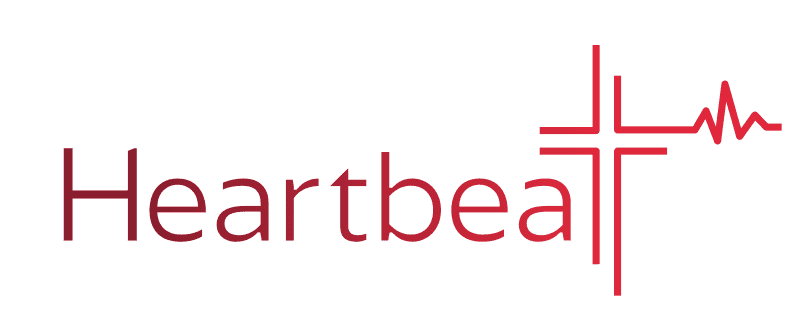Advanced Studies
In today’s fast-changing world, the church confronts the constant risk of obsolescence. In order to apply God’s truth in faithful and relevant ways, pastors and theological educators need focused preparation at an advanced level which will enhance their skills in ministry, advanced research, and critical thinking. SBC’s Advanced Studies programs seek to equip graduates to face contemporary Asian issues with sound biblical theology and practical strategies.
Congratulations and Thanksgiving:
Awards and Postgraduate Students’ Journal Articles
Why SBC?
Master of Theology
Designed to enhance the ability of pastors and theological educators to serve the church through academic excellence and contextual relevance.
- Partial Residency: Full-time residency in Singapore is strongly encouraged for maximum learning effectiveness, though partial residency is an option during the student’s time of formal coursework (conditions apply and pre-approval required).
- HyFlex Learning: Being “hybrid,” this learning mode integrates face-to-face (synchronous) and online learning (asynchronous) experiences; being “flexible,” it allows students to choose how best to participate in the course (conditions apply and pre-approval required).
- Digital Theological Library: massive collection of digital resources to facilitate research anytime, anywhere.
- Bridging Pathways: To better prepare students for the program, there are various bridging pathways to help students strengthen their areas of weakness as needed.
- Research Workshops & Mentors: Yearly workshops are conducted to sharpen students’ research skills. In addition, a mentor will be assigned to each 1st-year student during the process of writing the first two research papers in the core courses.
- Community and co-curricula learning:
- Students enjoy community learning, which not only enhances knowledge, but also builds relationships and spiritual maturity
- Students immerse into primary texts through Hebrew, Greek, and Theology reading clubs and are enriched by special lectures which exhibit cutting-edge research from established scholars.
- Students have opportunities to be exposed to good pedagogical and academic administration practices.
- Students enjoy community learning, which not only enhances knowledge, but also builds relationships and spiritual maturity
Doctor of Philosophy
Designed to enhance the ability of pastors and theological educators to serve the church through academic excellence and contextual relevance.
- Partial Residency: Full-time residency in Singapore is strongly encouraged for maximum learning effectiveness, though partial residency is an option during the student’s time of formal coursework (conditions apply and pre-approval required).
- HyFlex Learning: Being “hybrid,” this learning mode integrates face-to-face (synchronous) and online learning (asynchronous) experiences; being “flexible,” it allows students to choose how best to participate in the course (conditions apply and pre-approval required).
- Digital Theological Library: massive collection of digital resources to facilitate research anytime, anywhere.
- Bridging Pathways: To better prepare students for the program, there are various bridging pathways to help students strengthen their areas of weakness as needed.
- Research Workshops & Mentors: Yearly workshops are conducted to sharpen students’ research skills. In addition, a mentor will be assigned to each 1st-year student during the process of writing the first two research papers in the core courses.
- Community and co-curricula learning:
- Students enjoy community learning, which not only enhances knowledge, but also builds relationships and spiritual maturity
- Students immerse into primary texts through Hebrew, Greek, and Theology reading clubs and are enriched by special lectures which exhibit cutting-edge research from established scholars.
- Students have opportunities to be exposed to good pedagogical and academic administration practices.
- Students enjoy community learning, which not only enhances knowledge, but also builds relationships and spiritual maturity
Doctor of Ministry
Designed to enrich mature leaders of church denominations and parachurch organizations for greater effectiveness in leadership and ministry.
- Learning activities are paced throughout the semester to promote more effective learning.
- Coursework and the dissertation research project are highly integrated to facilitate timely completion of the program.
- Blended learning experiences provide flexibility and promote better interactions within the SBC research community.
- Digital Theological Library that has a massive collection of digital resources to facilitate research anytime, anywhere.
- Partial residency during the mid-semester breaks (Mar/Sep) is required to help students concentrate on research and make consistent half-yearly progress in writing, promote community learning, and build relationships.
- Opportunity to upgrade to PhD in Practical Theology is available (conditions apply and subject to approval).


